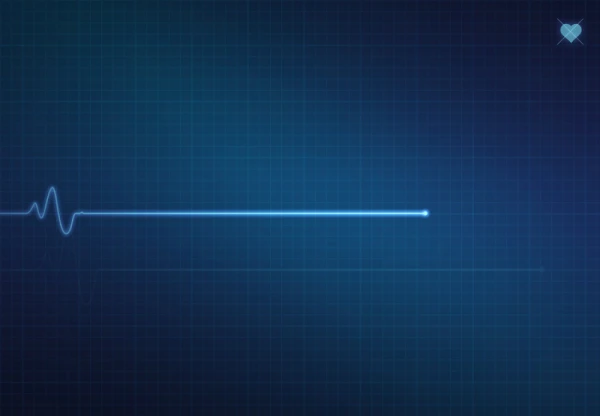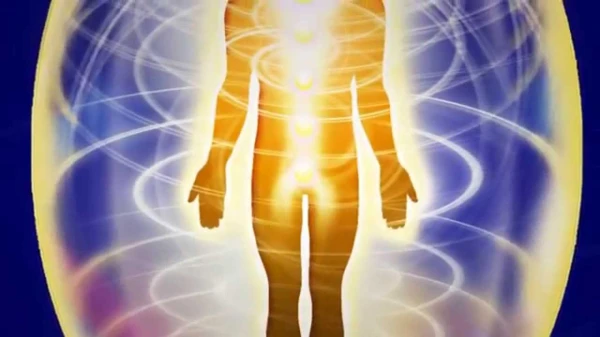
The study showed that the brain and human consciousness do not immediately "turn off" during cardiac arrest — near-death experiences are real and unique.
Research and Participants
The Grossman School of Medicine at New York University studied brain activity in 53 individuals from the United States and the United Kingdom who were revived after cardiac arrest through cardiopulmonary resuscitation.
How the Brain Responds to Cardiac Arrest
It was previously believed that the brain dies within 10 minutes without oxygen. New research has shown that signs of brain activity persist for about an hour after resuscitation.
Patient Experiences
Nearly 40% of participants reported memories and conscious thoughts at the moment they were on the brink of life and death.
Electroencephalograms recorded activity of gamma, delta, theta, alpha, and beta waves associated with higher mental functions. According to Sam Parnia, in the dying hour, a person's consciousness becomes particularly vivid and clear.
Significance of the Results
These observations indicate that near-death experiences are not an illusion. They provide a unique understanding of how human consciousness operates in critical situations.















Leave a comment